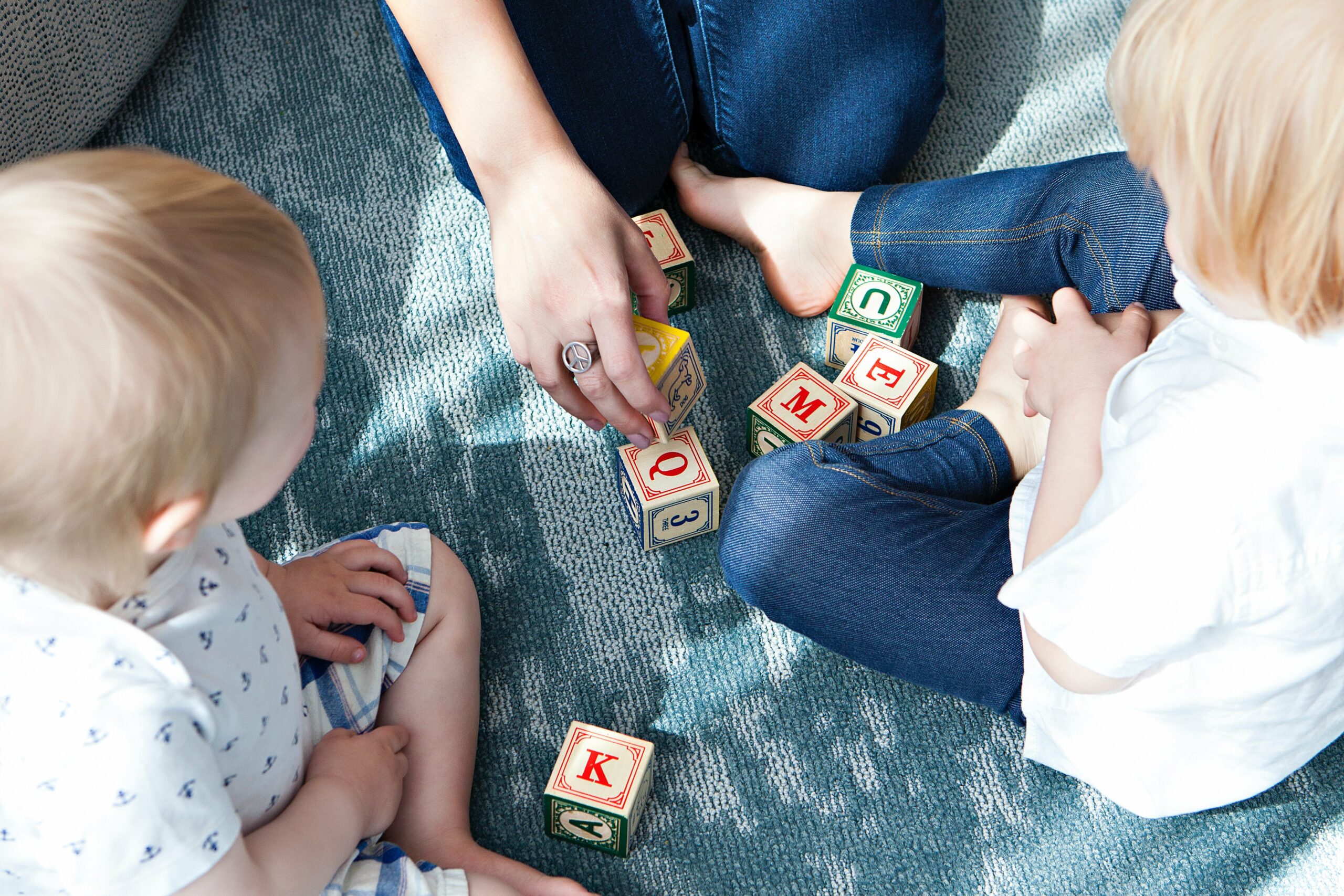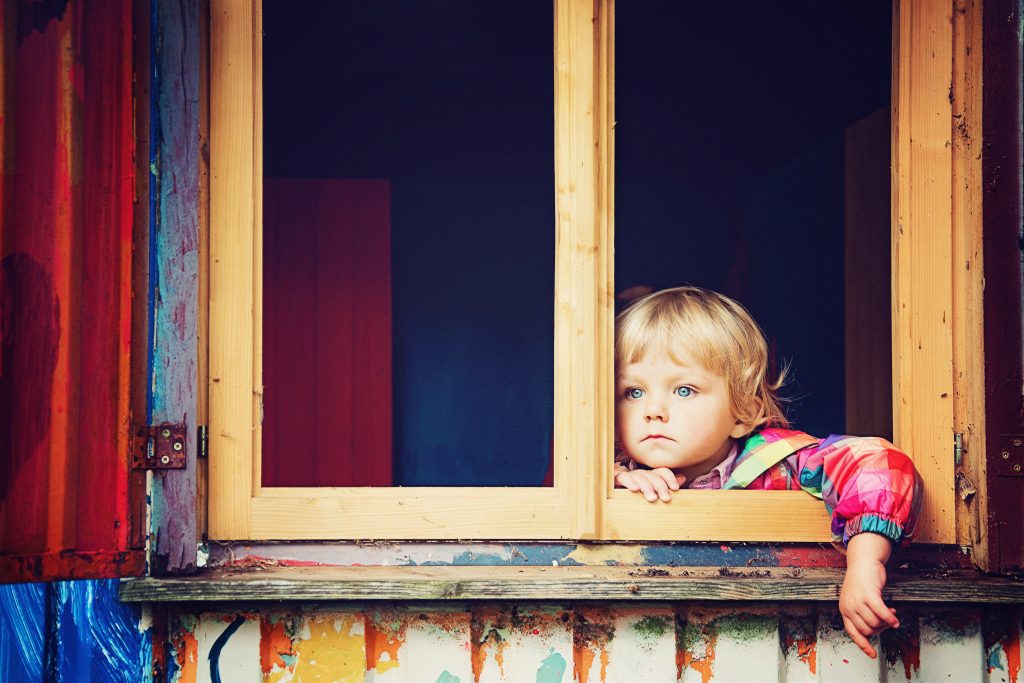Recent awareness of mental health has helped eliminate most of the stigma around illnesses and diseases that affect 25% of people.
However, while most adults can articulate that something may not be right, children don’t often provide the same communication. Instead, parents could be wondering about their child’s health due to the way a child acts or behaves.
What’s important to realize is that mental health issues don’t just affect adults—children can suffer from mental health problems too, but they show it in different ways. Below are five signs your child may be dealing with a mental health issue.

Physical Aches
If your child often complains about a stomach ache or a headache, you may not want to assume they’re just trying to get out of doing something/eating something/etc. Instead, you should pay attention to when and how often this happens, as children often deal with anxiety or depression through physical aches.
According to Families First Pediatrics mental health services, “Children may not be able to express their feelings using words, which is why it comes off as a physical ache for them instead, but it’s still just as serious.”
If you notice a specific time or instance when your child suddenly has these aches, such as before doing something in public, going to a specific place, or doing a specific task, it could be a sign of a mental health issue. Try to keep a journal regarding the aches and the times/instances, and then bring it up with your child’s healthcare provider.
Behavior or Mood Changes
This one can be difficult to notice, as children go through behavior and mood changes regularly due to their changing bodies and hormones.
However, if you notice that your child has become withdrawn, goes through serious bouts of mood changes, or even has drastic changes in behavior or personality, it could be a sign that something else is wrong.
If you notice any of these types of changes in your child that cannot be explained any other way, then it’s important to have your child talk to a mental health professional right away.
Difficulty Concentrating
Attention Deficit Hyperactive Disorder, otherwise known as ADHD, is a mental health disorder found in a large number of children. If you notice that your child has difficulty concentrating on one specific task, it could be a sign of ADHD.
Keep in mind that symptoms of ADHD can vary, but lack of concentration is one of the biggest. There are plenty of medications and lifestyle changes that can be made to help those with ADHD, so be sure to talk with your child’s doctor to find out if your child does suffer from it as well as the treatments available.

Strong Feelings
Growing children need to learn how to handle their emotions, and it can be difficult for some to control. However, if you notice that your child is suffering strong feelings for unnecessary reasons, it could be a sign of anxiety or depression.
For instance, if your child starts to feel a racing heartbeat, strong sadness, or even overwhelming joy—and it cannot be explained any other way—it could be a mental health issue. Keep track of the different feelings your child is experiencing and when, and then take these notes to your child’s healthcare professional and see if there’s a medical reason for it.
Physical Harm or Abuse
Children deal with mental illness in a variety of ways, and sometimes this results in physical harm or substance abuse. If you notice your child has been harming themselves, such as cutting or burning themselves, you need to have them treated by a professional right away.
Some children who self-harm suffer from severe depression that could lead to suicidal thoughts. In addition to self-harm, some children may turn to substance abuse to try and “cope” with their feelings. Again, this will need to be addressed by a professional healthcare provider, as substance abuse can lead to more serious mental and physical health conditions.

Mental illness in children is not something you should leave untreated. If you notice your child is showing any of these symptoms above, and you have no other valid reason to account for it, then you need to have your child see a professional right away.
These professionals can test your child and provide you with a true answer as well as true treatments that will help your child manage their feelings in an appropriate and safe way.






